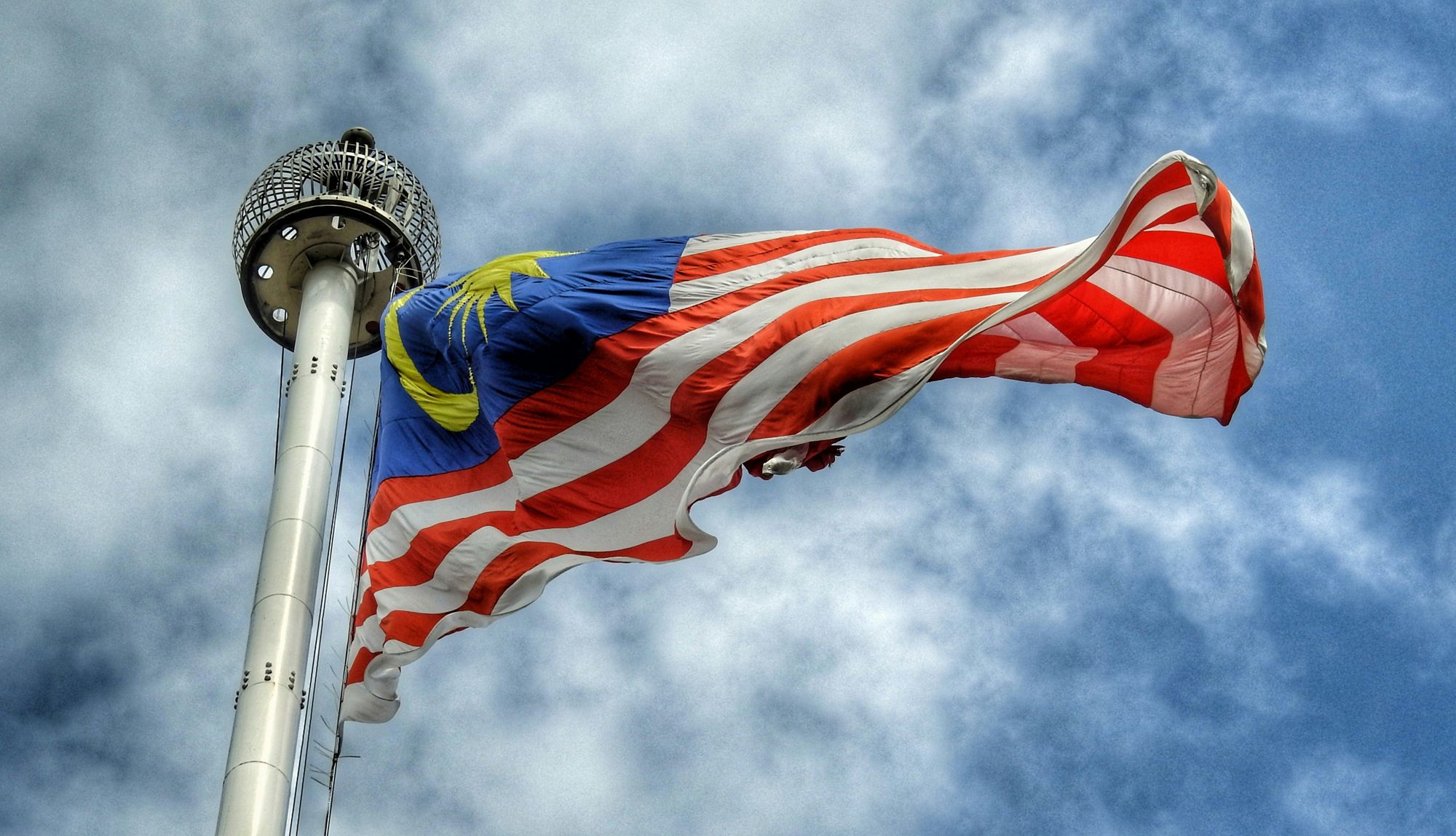What is the procedure in case of death of a Malaysian citizen abroad? How do I bring back the remains to Malaysia?

When a Malaysian citizen passes away while abroad, there are several important steps that need to be taken to handle the death and bring the remains back to Malaysia.
The process can be complex and emotionally challenging, but understanding the key procedures can help ease some of the burden during a difficult time.
Initial Steps
The first and most crucial step is to contact the nearest Malaysian embassy, high commission, or consulate in the country where the death occurred. They can provide vital assistance and guidance throughout the process. The contact information for the Consular Division of the Ministry of Foreign Affairs in Malaysia is:
Consular Division
Ministry of Foreign Affairs
Wisma Putra
No. 1, Jalan Wisma Putra
Precinct 2
62602 Putrajaya
Phone: +603 8000 8000
Email: konsular@kln.gov.my
For after-hours emergencies, there is also a duty officer available:
Phone: +603 8887 4570
Email: dutyofficer@kln.gov.my
The Malaysian diplomatic mission will help coordinate with local authorities, assist with paperwork, and provide information on the repatriation process. They can also help notify family members in Malaysia if needed.
Documentation Requirements
Proper documentation is critical for repatriating remains to Malaysia. The National Registration Department (JPN) requires the following documents to process a Report of Death Abroad:
- Death Registration Form JPN.LM02 (Update of Death Abroad)
- The deceased's Identification Card or any identifying document
- The applicant's Identification Card or any identifying document (original and one copy)
- Proof of death documents:
- Death Certificate issued by the country where death occurred (original and one copy)
- Certification of Death from the hospital where death occurred (original and one copy)
- Certification of Death from the Malaysian Embassy in the foreign country (original and one copy)
It's important to note that death certificates in a foreign language must be translated to English or Malay by a certified translation center.
Repatriation Process
To bring the remains back to Malaysia, you'll need to work with a funeral home or repatriation service in the country where the death occurred. They can help with the following steps:
- Arranging for embalming or other preservation methods required for international transport
- Obtaining necessary permits for transporting human remains
- Providing an appropriate container or casket that meets international shipping requirements
- Coordinating with airlines for transportation
The Ministry of Health Malaysia has guidelines for the import or export of human remains. Permit application forms are available through the Business Licensing Electronic Support System (BLESS). For more detailed information, visit the official portal of the Ministry of Health Malaysia.
Cultural and Religious Considerations
Malaysia is a multicultural country with diverse religious practices. It's important to consider the deceased's religious and cultural background when making arrangements. For Muslim Malaysians, for example, burial should ideally take place as soon as possible, which may influence the urgency of the repatriation process.
Costs and Financial Considerations
Repatriating remains internationally can be expensive. Costs may include:
- Local funeral home services in the country of death
- Embalming and preparation of the body
- Documentation and permit fees
- International transportation
- Receiving services in Malaysia
It's advisable to check if the deceased had travel insurance that might cover repatriation costs. In some cases, the Malaysian government may provide assistance for repatriation, especially in cases of natural disasters or other extraordinary circumstances.
Timeline
The time required to complete the repatriation process can vary significantly depending on factors such as the cause of death, local regulations, and flight availability. It typically takes anywhere from a few days to a couple of weeks. Clear communication with the Malaysian embassy and the funeral services provider can help manage expectations regarding the timeline.
Additional Considerations
- Personal effects: Arrange for the return of the deceased's personal belongings.
- Legal matters: Be prepared to handle any legal issues, such as closing bank accounts or dealing with property in the foreign country.
- Emotional support: Don't hesitate to seek support from family, friends, or professional counselors during this difficult time.
While the process of repatriating a loved one's remains from abroad to Malaysia can be complex and emotionally taxing, understanding the procedures and having the support of Malaysian diplomatic missions can help navigate this challenging time. Always stay in close contact with the relevant authorities and don't hesitate to ask for clarification or assistance when needed. Remember that the primary goal is to bring your loved one home with dignity and respect, allowing family and friends in Malaysia to properly honor their memory and begin the grieving process.




